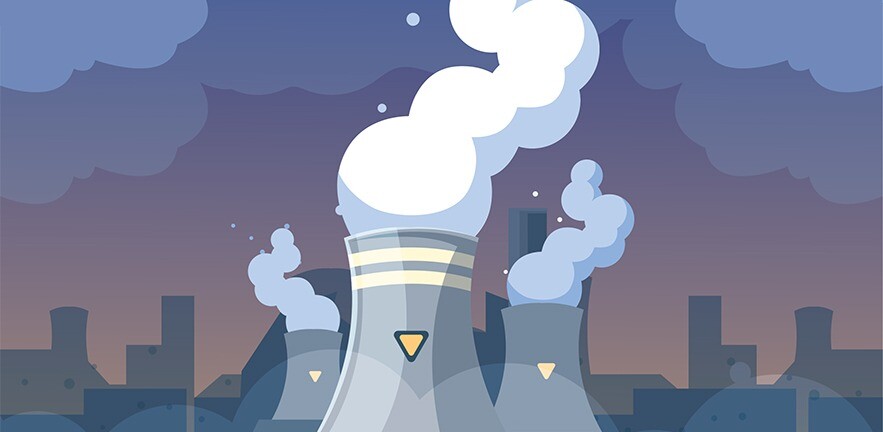A much-discussed “nuclear renaissance” has not occurred due to economic issues rather than the Fukushima disaster a decade ago, says Dr Simon Taylor of Cambridge Judge Business School.
A “nuclear renaissance” much discussed in the early part of this century has largely not occurred, but that is due to economic issues rather than a reaction to the Fukushima nuclear disaster in Japan ten years ago, says Simon Taylor of Cambridge Judge Business School.
The disaster occurred on 11 March 2011 when a severe earthquake that started in the Pacific Ocean triggered a tsunami that overwhelmed the Fukushima Daiichi nuclear power plant on Japan’s east coast.
Despite new “Generation III” reactor types that promised to provide a safe, economic contribution to combatting climate change, the only advanced economies still actively seeking to build new nuclear power stations are the UK and Finland, Simon writes in his blog post, “Ten years after Fukushima”.
“But the main reason is not a shift in public opinion following Fukushima, with attitudes remaining surprisingly favourable in the UK. The problem with new nuclear remains economic: it costs too much to build,” says Simon, Faculty (Professor level) in Management Practice (Finance) at Cambridge Judge and author of the 2016 book The Fall and Rise of Nuclear Power in the UK: a history.
“Both Generation III designs, one American (the Westinghouse AP1000) and one European (Areva’s EPR), have proven complex to build and have cost many billions of dollars and euros over their budgets (though China has managed to build both of them, perhaps owing to China’s far greater recent experience in building nuclear power stations),” Simon writes.
The disaster “greatly damaged Japanese people’s confidence in their nuclear industry,” while in the US abundant natural gas from the shale revolution has kept gas-fired generation cheap, so “even with federal government subsidies, it is very unlikely that any further new nuclear plants will be built soon in the US.”
“The biggest impact on policy was in Germany,” Simon writes, where nuclear is now being phased out with most replacement power coming from additional burning of coal and brown coal.
“The history of nuclear power is something of a rollercoaster from inflated claims and optimism to disillusionment,” Simon concludes.
While many environmentalists now see nuclear as part of the solution to climate change, “it remains to be seen” if new small, modular nuclear reactors “can prove their worth in time to make a contribution to the urgent need to decarbonise electricity in the next two decades. The tragedy at Fukushima has, perhaps surprisingly, not fundamentally affected the case for new nuclear power as part of the fight against climate change.”


